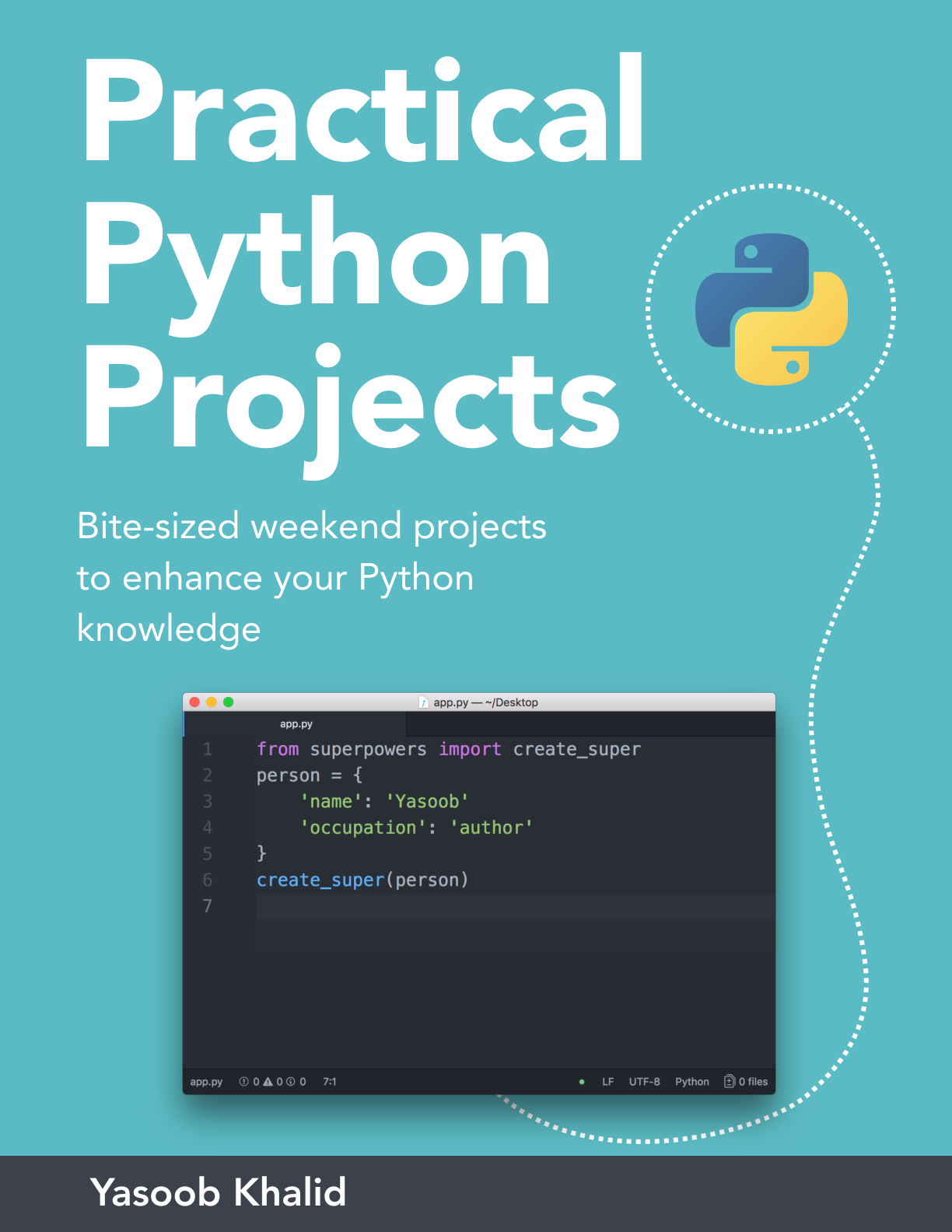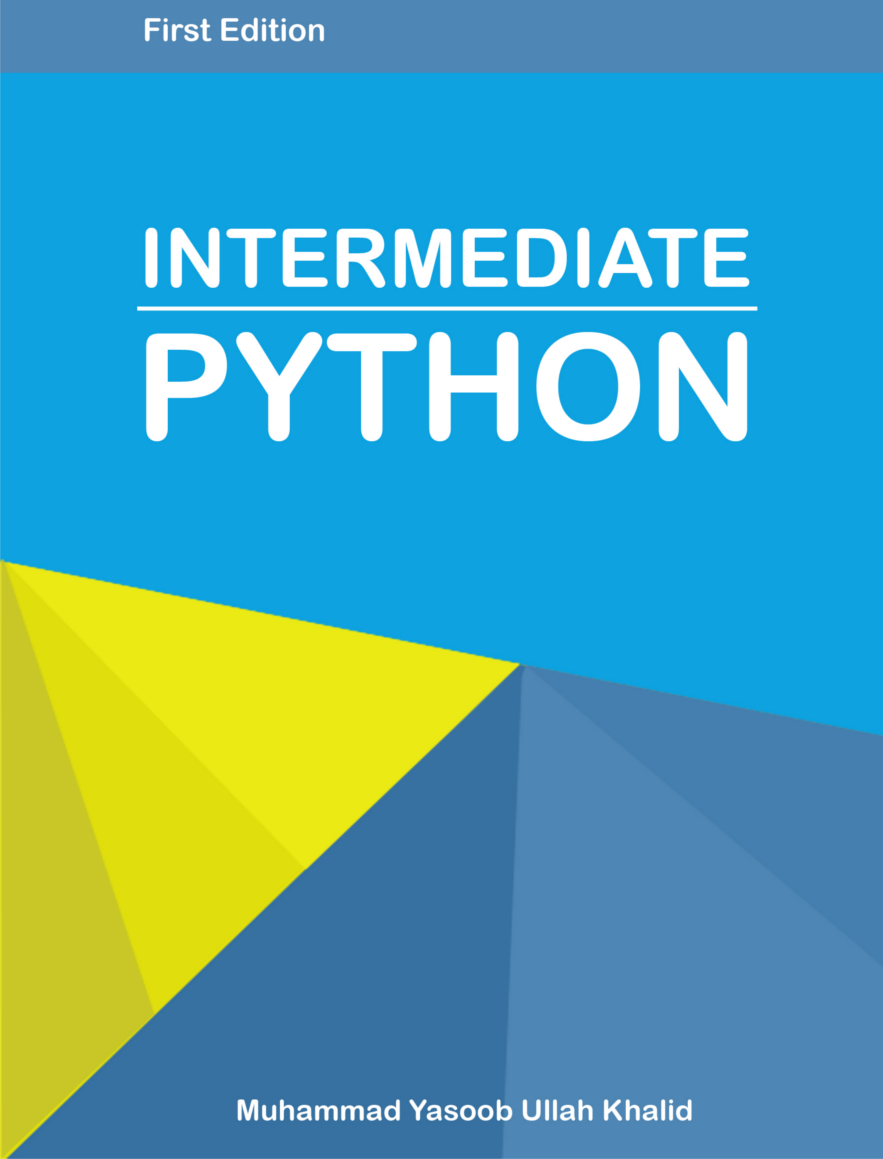Targeting python 2 and 3 at the same time.
Hi there pythonistas. Today i am not going to write a lengthy tutorial about how to make your programs compatible with python 2 and 3 at the same time, but i am going to share a simple tip with you guys which will help you achieve this target.
Just imagine that you have a very popular python module which is use by hundreds of people but not all of them have python 2 or 3. In that case you have two choices. The first one is to distribute 2 modules. One for python 2 and the other for python 3 and the other choice is to modify your current code so that it can be used with both python 2 and 3.
I am going to talk about the second choice. First tell me how you import packages in your script? Most of us do this:
import foo
# or
from foo import bar
Do you know that you can do something like this as well?
import foo as foo
I know it’s function is the same as above listed code but it is vital for making your script compatible with python 2 and 3. Now examine the code below:
try:
import urllib.request as urllib_request #for python 3
except ImportError:
import urllib2 as urllib_request # for python 2
Did you find something noteworthy in the above code? So let me explain the above code a little. We are wrapping our importing code in a try except clause. Why are we doing that?
We are doing it because in python2 there is no urllib.request module and will result in an ImportError. The functionality of urllib.request is provided by urllib2 module in python2. So now when python2 try to import urllib.request and get an import error we tell it to import urllib2 instead.
The final thing you need to know about is the as keyword. It is mapping the imported module to urllib_request. So that now all of the Classes and methods of urllib2 are available to us by urllib_request.
So how did this help us in targeting python 2 and 3 at the same time? Okay here is the trick. Once you have got a library that works in python 2 but is not available in python 3 then you have to find out it’s alternative in python 3 (most libraries have their alternatives for python 3 but some don’t).
I know it’s trivial and that is why a lot of modules have still not been ported to python 3. After that you have to wrap your module importing code in a try-except clause with a common variable following the as keyword. After that use the imported module. Here is a complete example which should work both in python 2 and 3:
try:
import urllib.request as compat_urllib_request
except ImportError: # Python 2
import urllib2 as compat_urllib_request
html = compat_urllib_request.urlopen("http://www.google.com/")
print html.headers['content-type']
'text/html; charset=ISO-8859-1'
Another example which involves the json library:
try:
import json
except ImportError:
import simplejson as json
I hope you liked today’s post. Stay tuned for the next one. If you have any suggestions then do post them in the comments below.




Amit
Ikem